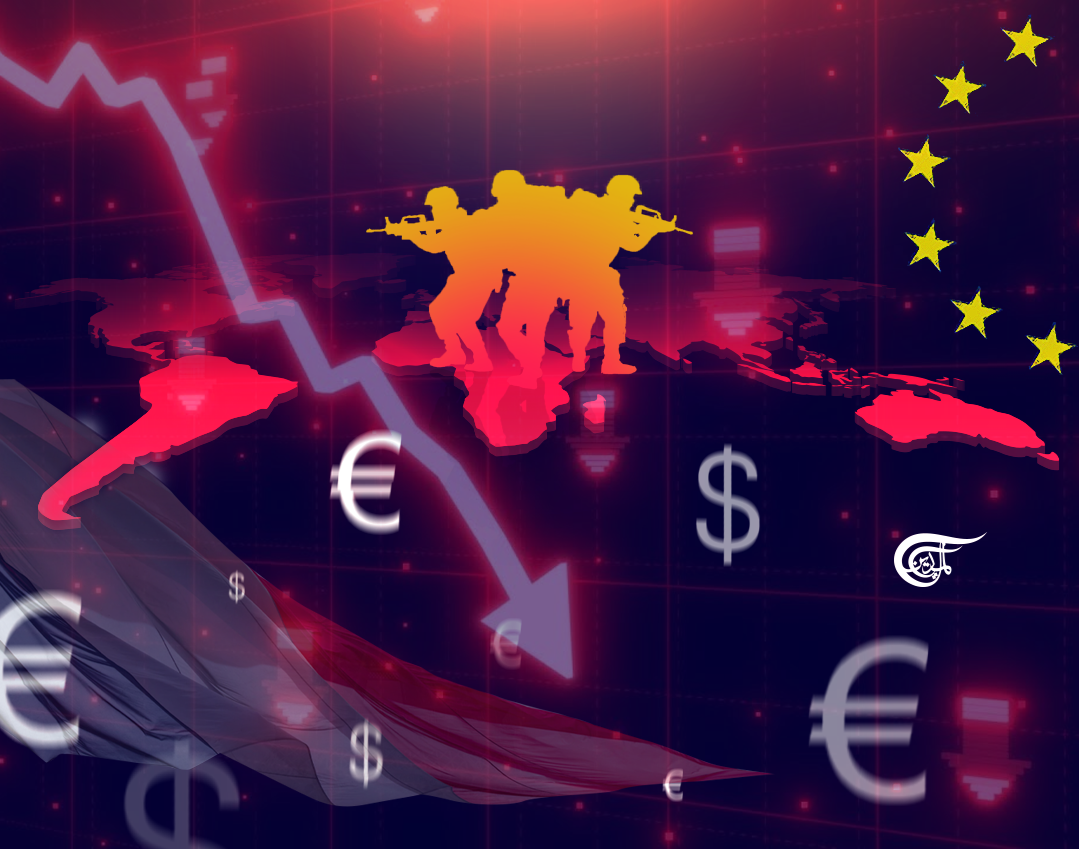Where now for Western foreign policy?
The ability of Western politicians to pursue their own objectives in certain parts of the world is clearly fading.
The past twenty years have demonstrated the West’s global hegemony; its ability to dominate smaller, less powerful countries. Certainly, over these recent decades, the West has demonstrated its political, economic, and military supremacy over weaker states: The conflicts in Iraq, Libya, and the former Yugoslavia are examples of Western, and in particular NATO dominance. Historically speaking, these conflicts started with the West imposing a devastating array of economic sanctions on targeted countries. Following this, the countries were targeted militarily: Yugoslavia for instance was subject to 78 days of bombings by NATO troops. These conflicts devastated the countries that they targeted. Moreover, these conflicts have also caused global instability with the rise in international terrorism and the current migrant crisis being just a few consequences of misguided Western foreign policy.
Yet, there has recently been a number of conflicts where the West has failed to exert its dominance, despite its best efforts. In Syria, for example, Russia’s support for President Bashar Al Assad undoubtedly prevented the West from toppling the regime. President Assad is still in power today, to the horror of many Western leaders. With regards to the current situation in Ukraine, there are no signs, as of yet, that the West’s support for Ukraine has turned the tide of battle in favor of Ukraine. In fact, Western support for Ukraine has exacerbated the preexisting economic and political crises that many Western nations now face. In the UK, for example, the country is facing a cost of living crisis, high inflation as well as a new Prime Minister following the ousting of the outgoing Boris Johnson.
Undoubtedly the diminishing power of the West has led to other international actors such as China and Russia pursuing their own objectives regarding international foreign relations. It has also strengthened the military and economic capability of these superpowers. These countries have built up their military and economies to first act as a deterrent against Western intervention and secondly to withstand the imposition of sanctions against their economies. We have seen with the Ukraine crisis NATO’s unwillingness to place troops on the ground in Ukraine, knowing that it could spark a nuclear war against Russia which is a nuclear state. In addition, Russia although undoubtedly affected by the West’s sanctions is managing to reorganize elements of its economy that were once dependent on Western supply chains/customs.
The ability of Western politicians to pursue their own objectives in certain parts of the world is clearly fading. They no longer possess the power they once had to impose their will on other countries where they once did. One would think that this would trigger Western governments to rethink and re-evaluate how they pursue foreign relations. Yet, sadly this does not appear to be the case. Instead, we have Western officials turning their attention to other regions, where they can intervene and aggravate relations between themselves and other nations. Nancy Pelosi’s trip to Taiwan is a prime example of the West and in particular the USA’s intention to interfere in the diplomatic relationship between Taiwan and the People’s Republic of China.
Pelosi’s visit to Taiwan was supposedly to promote democracy. However, her actions angered the Chinese and led them to fire multiple missiles into the water around Taiwan. They also started military drills around the island. China also stated that it would end cooperation with the US on a number of issues including climate, anti-drug trade, and military efforts. This comes at a time where US and China relations are already at a tense standing point.
What is the rationale for engaging in such an antagonistic policy? Is it because western countries realize that their global power has diminished and they are trying to cling to its last remnants; in order to demonstrate that it can indeed still dominate the world stage? I fail to be convinced that the best way to achieve this is by pursuing foreign policy, which has already caused extensive devastation and destruction as well as cause division, particularly among Eastern and Western nations. Surely, it would be much more effective for Western leaders to evaluate their past mistakes and focus on the current problems facing their own nations as a starting point before further considering how they can diplomatically engage with other countries in general. It does not appear that the current caliber of Western leadership has the cognitive ability to do this. Yet, with the emergence of new superpowers such as Russia and China, will the balance of power shift? Will there come a point when such nations will step in either militarily or economically to prevent the West from continuing its current disastrous international trajectory within the international space?

 Natalie Jones
Natalie Jones
 5 Min Read
5 Min Read












